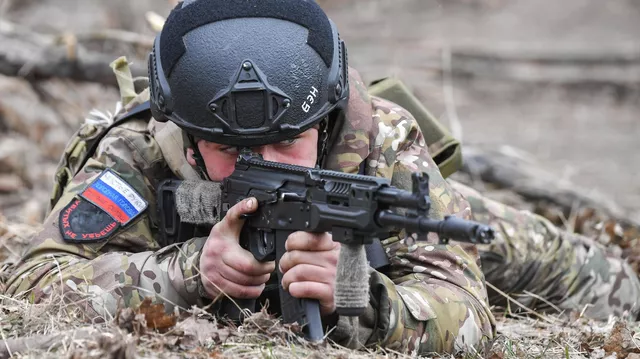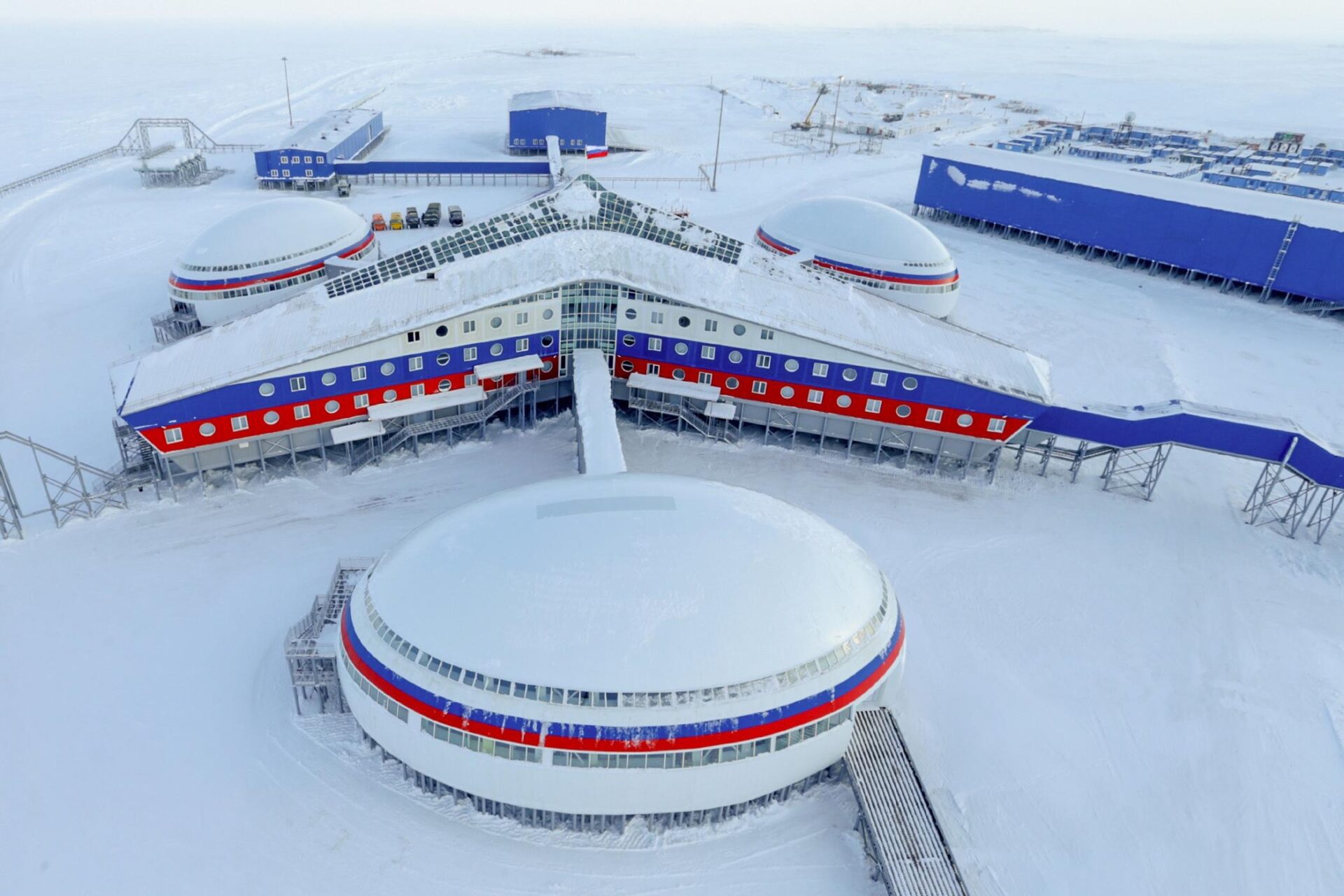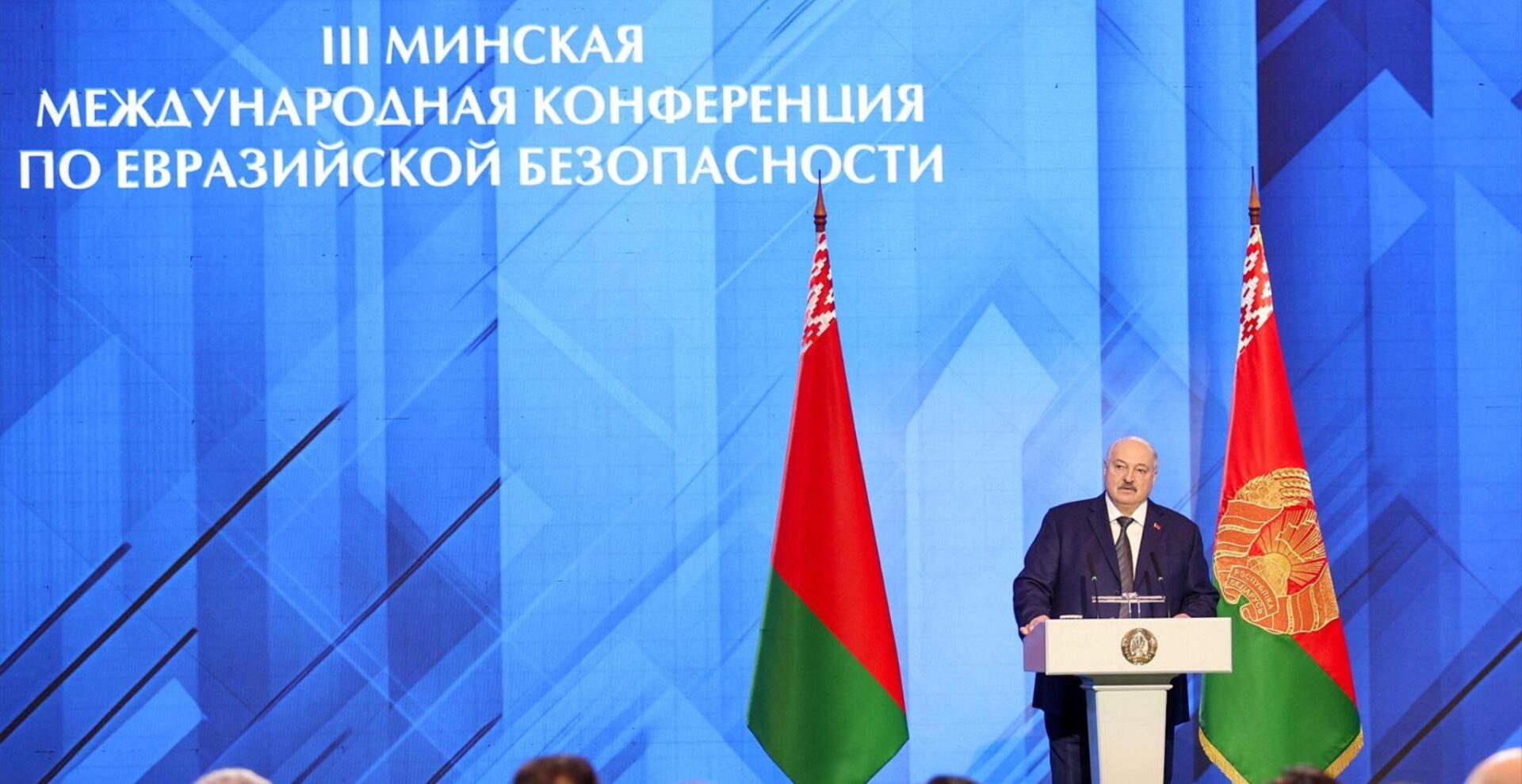
The Kremlin Struggles to Maintain Public Support for ‘Long War’
The Kremlin Struggles to Maintain Public Support for ‘Long War’
Executive Summary:
- Russian presidential spokesperson Dmitry Peskov recently declared that Russia has been “at war” ever since the West began supporting Ukraine with arms in deviating from the “special military operation” designation and hinting at a future mobilization.
- The Kremlin and the Russian people are increasingly diverging on who ultimately is to blame for the March 22 terrorist attack outside of Moscow, which reflects a lack of unity and unconditional support for the Russian leadership’s rhetoric.
- This dissonance promises further domestic political turmoil in Russia, not only between the population and Vladimir Putin but also among the Russian people themselves.
The Kremlin’s disturbing rhetoric about the ties between the Islamic State (IS) terrorist attack that killed more than 140 people in Krasnogorsk and Ukrainian leadership has a likely explanation (see EDM, March 26, 28). Moscow is primarily worried about the Russian people’s growing indifference to the domestic political agenda and the “long war” against Ukraine. The Kremlin continues to struggle in inspiring and mobilizing more people to support the war effort and the increasingly totalitarian domestic experiment without the risk of losing control over the situation, especially in the ethnically Russian-dominated city centers (see EDM, March 11, 19, 25).
On March 22, several hours before the terrorist attack, Russian presidential spokesperson Dmitry Peskov stated that Russia is “at war” with Ukraine and the collective West. Peskov’s statement deviated from the “special military operation” designation that the Kremlin has stuck with to characterize the expanded invasion. Peskov contended that the war itself started when the West began sending arms and other military aid to Ukraine, which is an ambiguous claim, as the West has been sending Ukraine military aid since before the beginning of the full-scale invasion. He added that everyone in Russia should accept this fact and begin preparing for “inward mobilization.” The Russian spokesperson concluded that the war against Ukraine will not end anytime soon and that Russians must accept this outlook and the resulting costs. Peskov’s statement was another message to the international community that Russia will not give up in the face of foreign pressure (Argumenty i fakty, March 22). Following the Crocus City Hall attack, the Russian leadership has elaborated on this logic and attempted to manufacture an artificial connection between the terrorists and Ukraine and the West (TASS, March 25; Interfax, March 26; RIA Novosti, March 26).
These statements confirm that the Russian leadership is worried about trends in domestic public opinion. As a result, the Kremlin seeks to reassert control over public sentiments. One key problem for Moscow is the people’s growing indifference to the Kremlin’s political and military agenda. The recent presidential elections demonstrated that the Kremlin controls all levels of the Russian bureaucracy (see EDM, March 19). The recent raids by anti-Kremlin, Russian paramilitary units in the Belgorod and Kursk regions, however, did not resonate in Russian society, and there have been zero signs of popular consolidation around the flag. While Russians prefer not to mention it, they did openly discuss the terrorist attack on social media. Kremlin officials attempted to translate the people’s short-lived unity with victims of the attack into a rallying cry around the flag and the war but has had limited effectiveness (Forbes.ru, March 28).
Similar to the Wagner Group’s attempted mutiny in June 2023, the Russian security services’ response to the terrorist attack clearly demonstrated ongoing internal dysfunction and a lack of preparation to execute their duties in the absence of clear orders (see EDM, March 3; Meduza, March 26). Coupled with the Russian people’s indifference, this lack of professionalism does not bode well for the Kremlin. Despite little overt resistance to Moscow’s policies among the military, police, security personnel, and general population, a lack of grassroots motivation, unity, and ideological indoctrination will hurt the Vladimir Putin regime’s efforts to continue the war and its totalitarian governance of Russia.
The Kremlin will be unable to rely on the Russian people for further rhetorical escalation against Ukraine and the West because the population is largely apathetic to developments on the battlefield, including in Belgorod and Kursk. Even observers loyal to the Kremlin recognize that “the potential of recruiting contract soldiers is decreasing” and that Russia needs something more than “palliative political, military, and industrial measures” (Globalaffairs.ru, February 23).
Problems with mobilizing the population and the domestic economy explain why Peskov used the term “war” instead of “special military operation.” Those issues also undergird the pronouncements from Putin, Russian Federal Security Service head Alexander Bortnikov, and Secretary of the Russian Security Council Nikolai Patrushev that Kyiv inspired the IS terrorist attack in Krasnogorsk (see EDM, March 28). Whether the Kremlin increases taxes, introduces a new wave of “partial mobilization,” nationalizes assets, or conducts a total mobilization of the people and the economy, Moscow needs active and unconditional public support and unity.
Currently, this is simply not the case as dissonance between the Kremlin and the population is evidently growing. While Russian officials try to blame Ukraine for the terrorist attack, Russian society blames the Tajik diaspora and those who do not “look” Slavic. Putin has even tried calming these chauvinistic public moods (News.ru, March 26; Kremlin.ru, March 27). Consequently, the lack of long-term patriotic public unity is a significant challenge for the Kremlin. Although most Russian citizens still support the Russian Armed Forces and are hardly ready to give up occupied territories in Ukraine, they are not prepared to join in the fighting and hesitate to support Moscow’s initiation of further combat operations (Levada.ru, March 5). This growing dissonance promises further domestic political turmoil in Russia.


